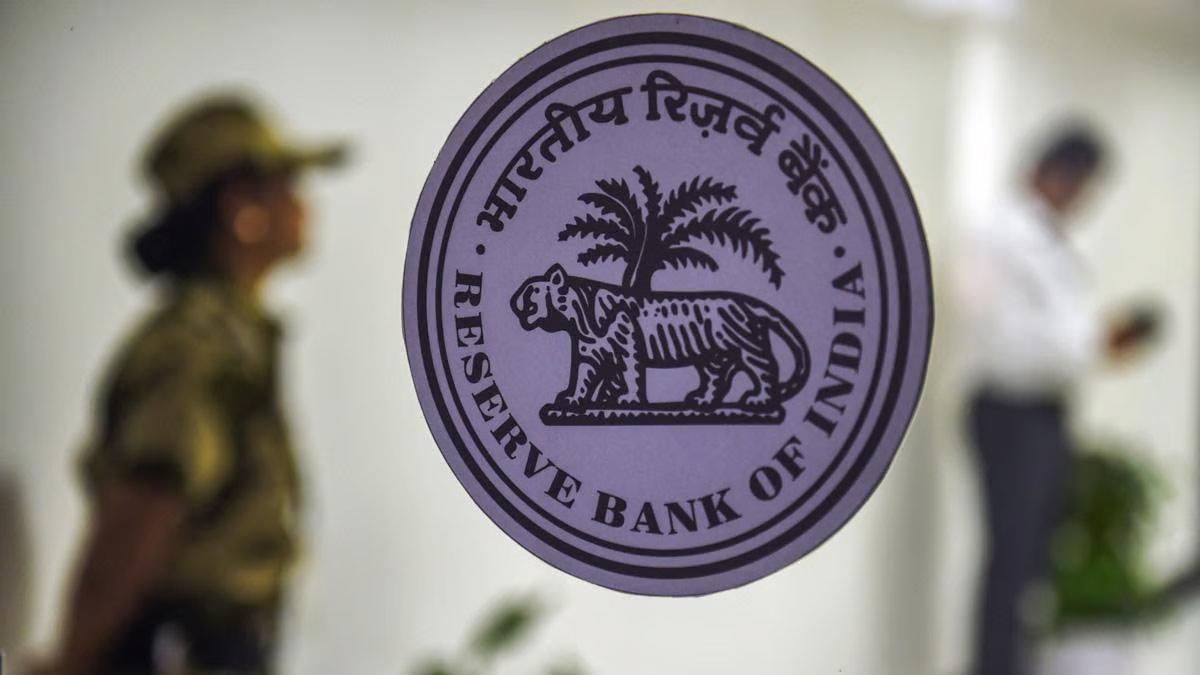Moody's Ratings downgraded the credit rating of the U.S. government on Friday, a significant shift after successive failure by successive governments to contain the nation's record national debt.
The agency reduced the U.S. rating to its highest grade of Aaa from Aa1, though it noted that the country "remains exceptional credit strengths such as the size, resilience and dynamism of its economy and the status of the U.S. dollar as global reserve currency."
This move by Moody's follows so that all three of the big credit rating agencies have now cut the federal government. Standard & Poor's cut first in 2011, then Fitch Ratings in 2023.
In its report, Moody's indicated higher federal deficits, projecting that they will swell to nearly 9% of the U.S. economy by 2035, up from an estimated 6.4% in 2024. The acceleration is expected to result mainly from higher interest on outstanding debt, expanding entitlements, and sluggish revenue growth. As the statement indicated: "We expect federal deficits to widen, reaching nearly 9% of (the U.S. economy) in 2035 from 6.4% in 2024, largely because of increased interest payments on debt, rising entitlement outlays, and relatively anemic revenue collection."
Moody's also referred to the budgetary implications of possibly renewing the 2017 tax cuts passed under Donald Trump's presidency—a project forcefully supported by the present Republican-controlled Congress. Such a renewal, said the agency, would increase the federal primary deficit by $4 trillion over the course of the next decade, absent interest costs.
Efforts to rein in growing deficits have been repeatedly foiled by political paralysis. Republicans are reliably opposed to tax increases, and Democrats are opposed to reductions in spending.
The standoff was on display once more Friday when House Republicans were not able to advance a sweeping package of tax cuts and spending reductions through the Budget Committee. The bill was derailed when some hard-right Republican members, who demanded deeper cuts in Medicaid and President Joe Biden's green energy tax credits, sided with Democrats in voting it down.
Read also| UK High Court Denies Nirav Modi Bail Again, Citing Massive PNB Fraud


















